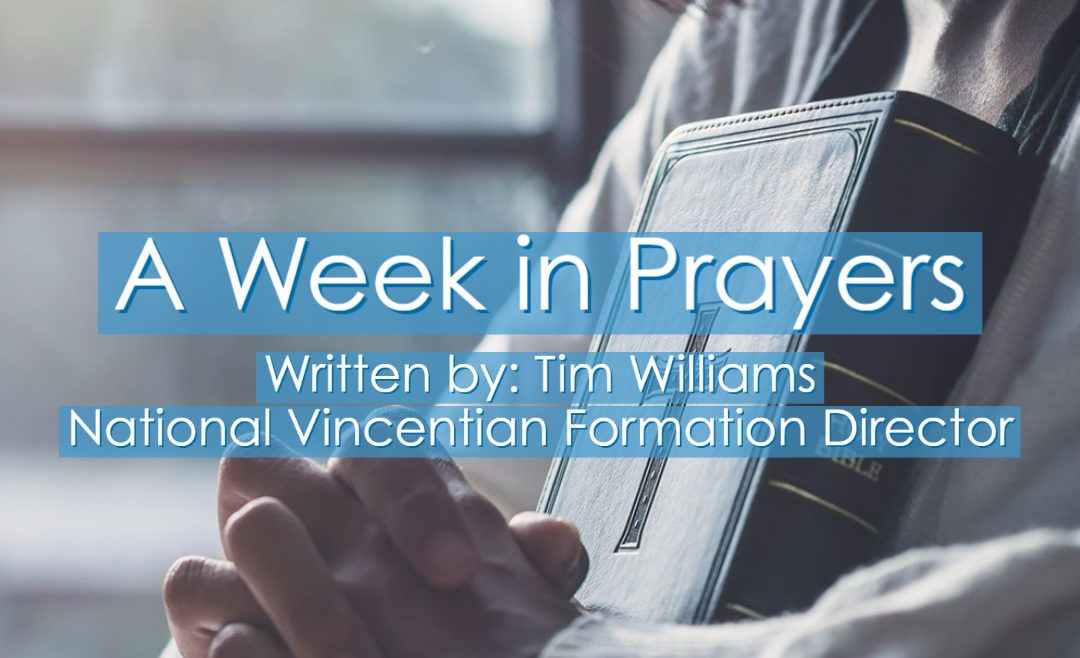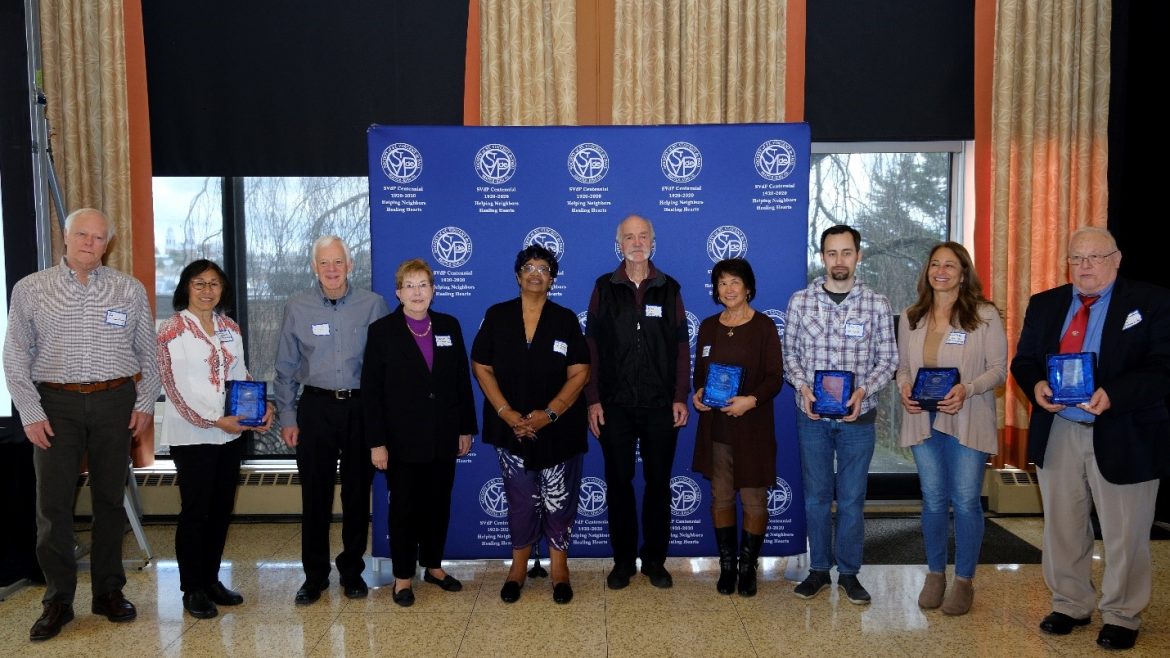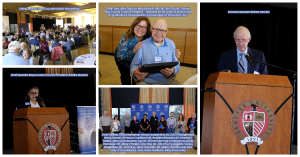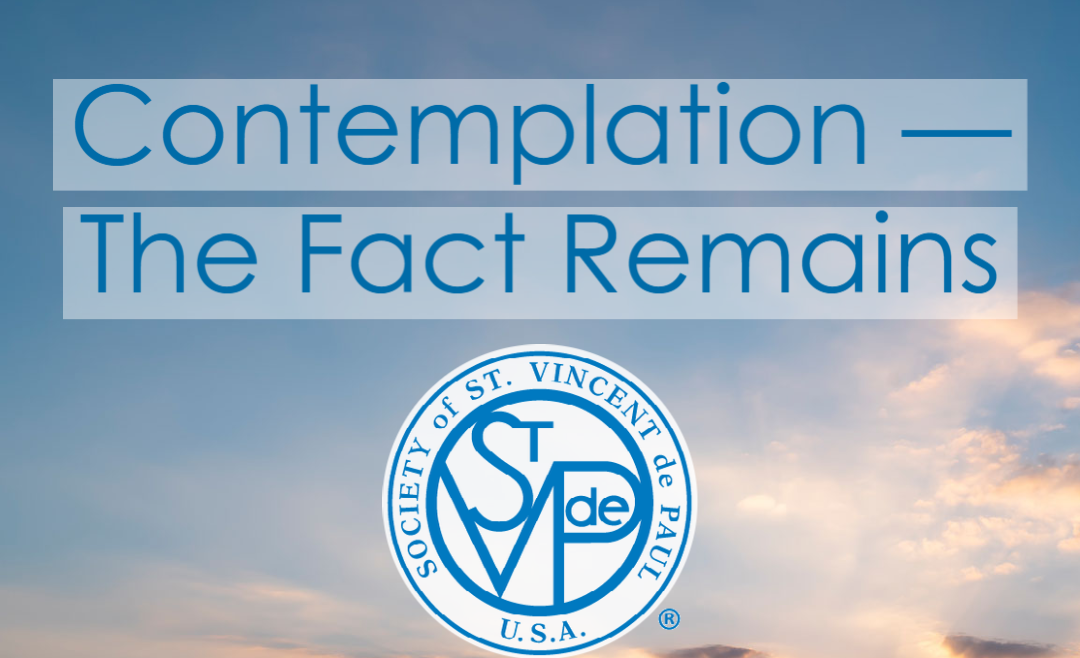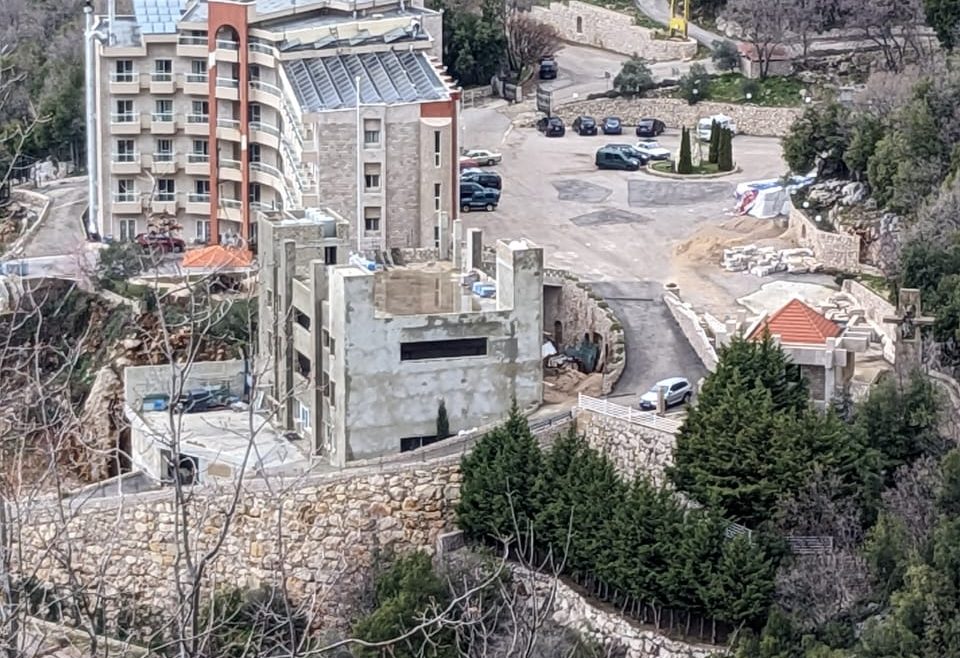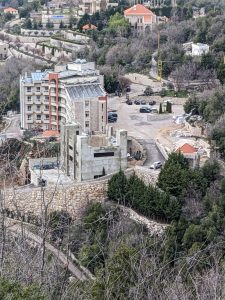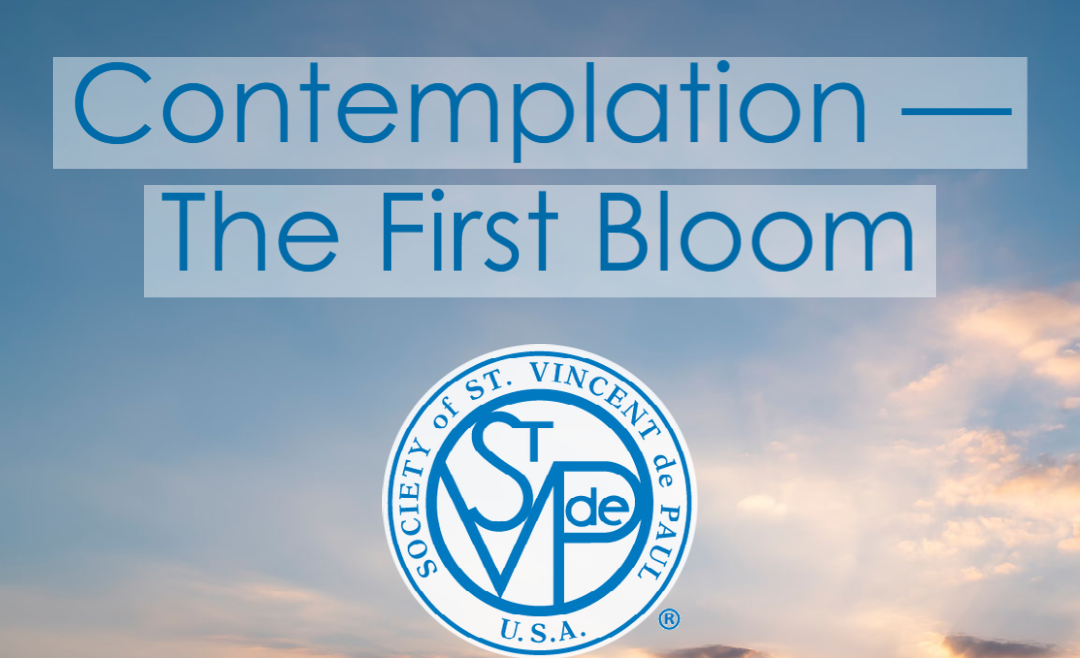What does it mean to serve in hope — serviens in spe, as our international logo says? Surely, when we visit a neighbor whose lights have been shut off, who faces eviction, whose cupboards are bare, we (and they) hope for relief from these needs. Thankfully, more often than not, we are able to provide the assistance that is needed. Sometimes, though, the needs are too great, or our resources too limited, and what then?
Thinking back on our own lives, we all can recall times that we narrowly escaped misfortune — the car wreck we walked away from that easily could have been fatal; the illness that was almost accidentally diagnosed before it became untreatable; the unemployment we weathered until finding a job that was better than the one we lost.
“God was with me!” we exclaim with joy. “He answered my prayers!” Surely He was and surely He did, and our joy is not misplaced! Yet when we think it through, we realize that God was also with the ones who don’t survive the crash or the illness, and the ones whose joblessness leads to destitution. He heard their prayers, He loves them equally, His great and universal plan of redemption is for them, too. It is, if we are to take the Savior’s words to heart, for them especially.
This knowledge of God’s special blessings on the poor can ironically make us hesitant at times to even try to offer the true hope, the eternal hope, through our gentleness and our prayers; to allow ourselves to be caught up in the tyranny of the moment, too; to become too discouraged when our own money runs short.
We can remind ourselves that our prayers are the most important part of our home visits, and say them even if only from a sense of habit or duty, but, Bl. Frederic once asked, “How do we preach resignation and courage to the unfortunate when we feel devoid of it ourselves?”
Our virtue of humility is a reminder that everything we have is from God, and everything we do is for His glory. That includes the comfort we may offer, because all comfort comes from God. We don’t ask His comfort on behalf of the neighbor, but together with the neighbor. We ask Him to wipe away our shared tears, to lift the burden not of bills, but of fear from both of us — from all of us.
This is the joy and the challenge of our vocation. It is also the reason that whenever we share our stories with each other, whether in correspondence or in the home visit reports during Conference meetings, our focus must first be on the true hope of salvation, and not, as Bl Frédéric explained in 1838, “statistical documents where success is defined in prideful numbers. We have to exchange ideas, inspiration perhaps, fears at times, and always hope. These … communications are like a form of circulation that brings the Society to life. There is truly nothing better.”
Contemplate
What inspiration, fear, and hope can I share with my fellow Vincentians?



